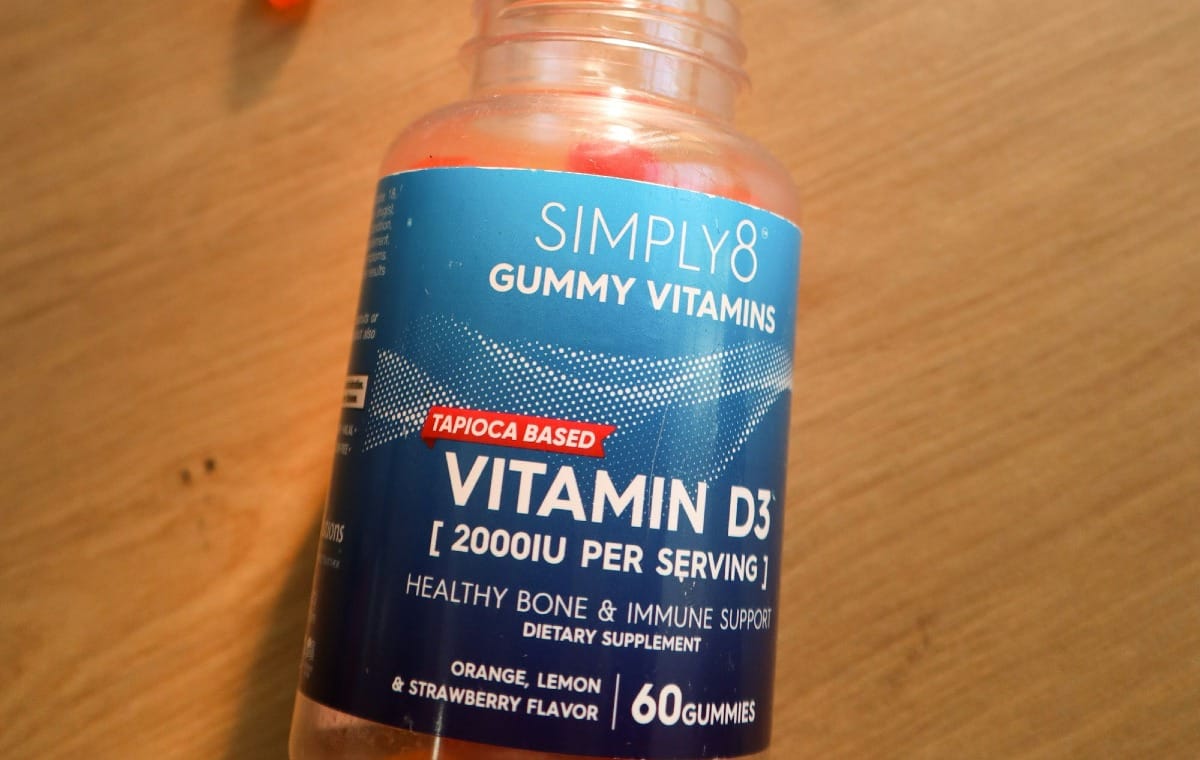In recent years, vitamin D has become a hot topic in the world of health and nutrition. From preventing bone diseases to potentially warding off cancer, the claims about this "sunshine vitamin" have been numerous and varied. But what does the science really say about vitamin D supplementation? Let's dive into the facts and separate myth from reality.
Key Takeaways:
- Vitamin D is crucial for bone health and calcium absorption.
- Most people in the US get enough vitamin D through sun exposure and fortified foods.
- Supplements are beneficial for specific at-risk groups, including breastfed infants, the elderly, and people with dark skin.
- High-dose supplements (over 1,000 IU daily) are generally unnecessary and potentially harmful.
- The benefits of vitamin D beyond bone health are still being studied and remain uncertain.
Understanding Vitamin D: The Basics
Vitamin D is often called the "sunshine vitamin" because our bodies can produce it when our skin is exposed to sunlight. This unique nutrient plays a vital role in our health, particularly in maintaining strong bones and teeth.
What Does Vitamin D Do?
The primary function of vitamin D is to help our bodies absorb calcium from the food we eat. Without enough vitamin D, our bones can become weak and brittle, leading to conditions like rickets in children and osteomalacia in adults. These diseases were common during the Industrial Revolution when people spent more time indoors and had less exposure to sunlight.
Sources of Vitamin D
While sunlight is the most well-known source of vitamin D, it's not the only one. You can also get vitamin D from:
- Fatty fish like salmon and tuna
- Egg yolks
- Fortified foods such as milk, orange juice, and cereals
- Supplements
The Vitamin D Debate: Do You Need Supplements?
With all the buzz around vitamin D, you might think everyone needs to take supplements. However, the reality is more nuanced.
Who Needs Vitamin D Supplements?
According to experts, most healthy Americans don't need vitamin D supplements. The body can usually produce enough vitamin D with just a few minutes of sun exposure each day, combined with a balanced diet that includes fortified foods.
However, certain groups may benefit from supplements:
- Breastfed infants
- Older adults
- People with dark skin
- Individuals living in northern latitudes with less sunlight
- People with certain medical conditions that affect vitamin D absorption
How Much Vitamin D Do You Need?
The National Academy of Medicine recommends:
- 400 IU daily for infants
- 600 IU daily for most adults up to age 70
- 800 IU daily for adults over 70
These amounts are designed to maintain blood levels of vitamin D at 20 nanograms per milliliter or above, which is considered sufficient for bone health.
The Risks of Too Much Vitamin D
While vitamin D is essential, more isn't always better. High-dose supplements (over 1,000 IU daily) are generally unnecessary and can be harmful.
Excessive vitamin D can lead to:
- Calcium buildup in the blood
- Nausea
- Kidney problems
It's important to note that it's virtually impossible to get too much vitamin D from sunlight or food sources. The risks come from high-dose supplements.
Beyond Bone Health: The Ongoing Research
In recent years, there's been excitement about potential benefits of vitamin D beyond bone health. Some studies have suggested links between vitamin D levels and reduced risks of:
- Heart disease
- Certain cancers
- Autoimmune diseases
- Type 2 diabetes
However, large clinical trials have failed to confirm these benefits in healthy people taking high-dose supplements. The takeaway? If you're not deficient in vitamin D, taking extra probably won't provide additional health benefits.
The Bottom Line: Should You Take Vitamin D?
For most people, the answer is no – you probably don't need to take vitamin D supplements. Here's what you can do instead:
- Get some sun: Just 5-10 minutes of midday sun exposure a few times a week can be enough.
- Eat a balanced diet: Include fatty fish, eggs, and fortified foods.
- Talk to your doctor: If you're concerned about your vitamin D levels, ask about getting a blood test.
Remember, vitamin D is important, but it's just one piece of the health puzzle. A balanced diet, regular exercise, and overall healthy lifestyle are key to optimal health.
Special Considerations
Dark Skin and Vitamin D
People with darker skin may need more sun exposure to produce adequate vitamin D. If you have dark skin, talk to your doctor about whether you might benefit from supplements.
Pregnancy and Vitamin D
Pregnant women should ensure they're getting enough vitamin D, as it's crucial for fetal development. Most prenatal vitamins include vitamin D, but check with your healthcare provider to be sure.
Seasonal Changes
If you live in an area with long, dark winters, you might need to pay extra attention to your vitamin D intake during those months. Consider adding more vitamin D-rich foods to your diet or talking to your doctor about seasonal supplementation.
Conclusion
Vitamin D is undoubtedly important for our health, particularly for strong bones and teeth. However, for most people, a combination of sensible sun exposure and a balanced diet is enough to maintain healthy levels. Supplements can be beneficial for specific at-risk groups, but they're not necessary for everyone.
As with any health decision, it's best to consult with your healthcare provider before starting any new supplement regimen. They can help you determine if you truly need additional vitamin D and, if so, what the right amount is for you.
Remember, when it comes to vitamins and supplements, more isn't always better. The key is finding the right balance for your individual needs and lifestyle.
Citations:
[1] https://english.elpais.com/health/2024-08-10/should-you-take-vitamin-d-heres-the-science.html
[2] https://www.fahadwalac.com/2024/04/should-you-take-vitamin-d-heres-science.html













Member discussion